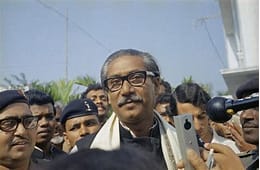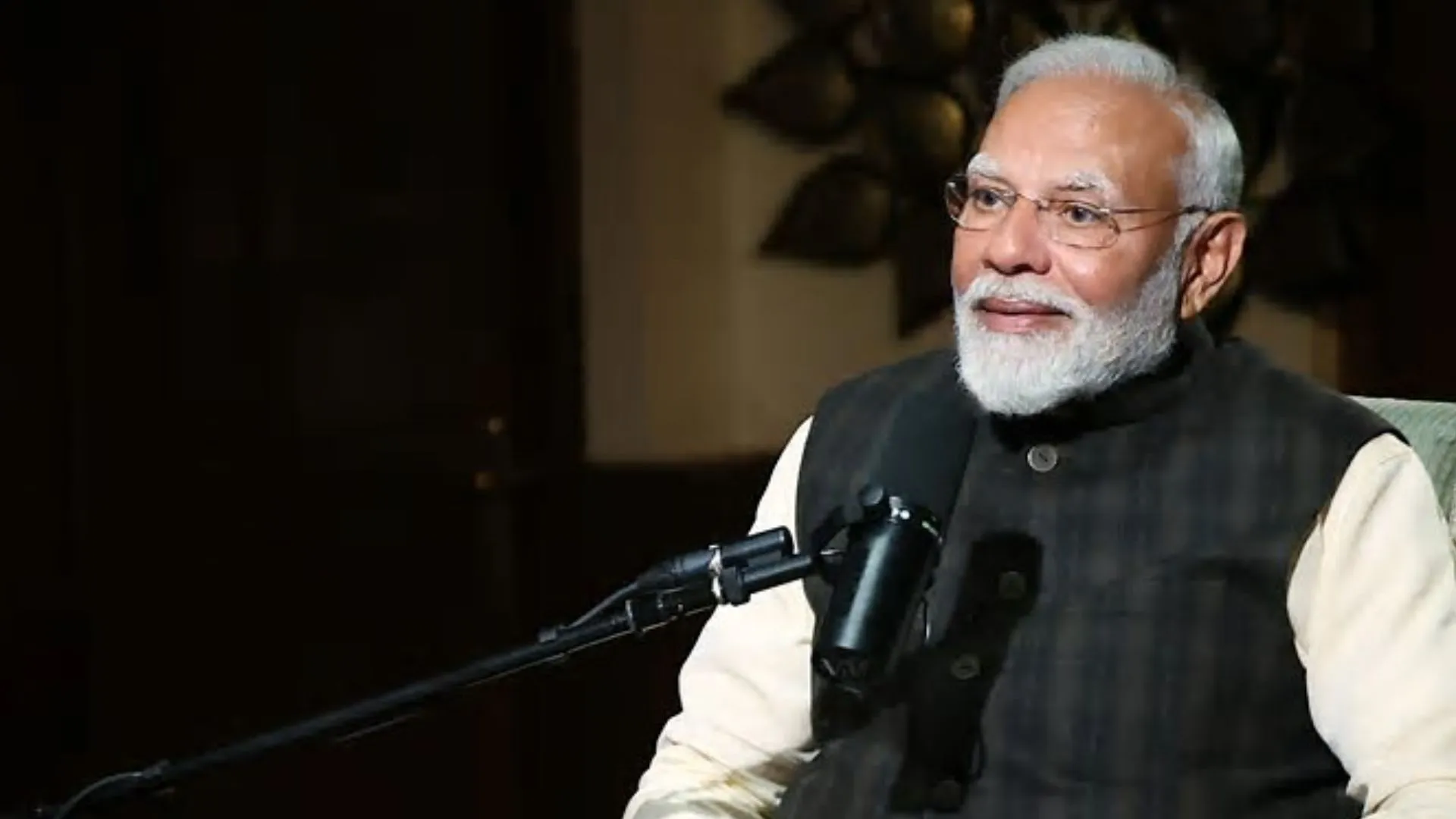Sheikh Mujibur Rahman, revered as ‘Bangabandhu’ (Friend of Bengal), was the founder of Bangladesh and its first president. He played a crucial role in the country’s journey to independence and served as either president or prime minister from April 1971 until his assassination.
Key Events in His Life
- 1970 Election Victory: Mujib’s Awami League won nearly all the seats in East Pakistan in the 1970 general election, setting the stage for Bangladesh’s independence.
- 1971 Liberation War: He declared Bangladesh’s independence on March 26, 1971, but was arrested by Pakistani soldiers. He was released after the Pakistani surrender in December 1971.
- Post-Independence Leadership: Mujib served as prime minister for three years after the country gained independence.
Assassination and Aftermath
On August 15, 1975, Mujib was assassinated by a group of military personnel who stormed his residence in Dhanmondi, Dhaka. His family, including his wife, three brothers, and other relatives, were also killed in the attack. This assassination marked the first direct military intervention in Bangladesh’s civilian politics.
Following the coup, Khondaker Mostaq Ahmad seized power and declared himself the head of the interim government. The new regime led to a period of political instability.
Legacy and Family
Mujib’s daughter, Sheikh Hasina, was abroad during the attack and spent the following six years in exile. She later returned to lead the Awami League and has since served multiple terms as Prime Minister of Bangladesh. Despite controversies surrounding the Mujib family, including claims of corruption and political favoritism, Sheikh Mujib remains a central figure in Bangladesh’s history and identity.























